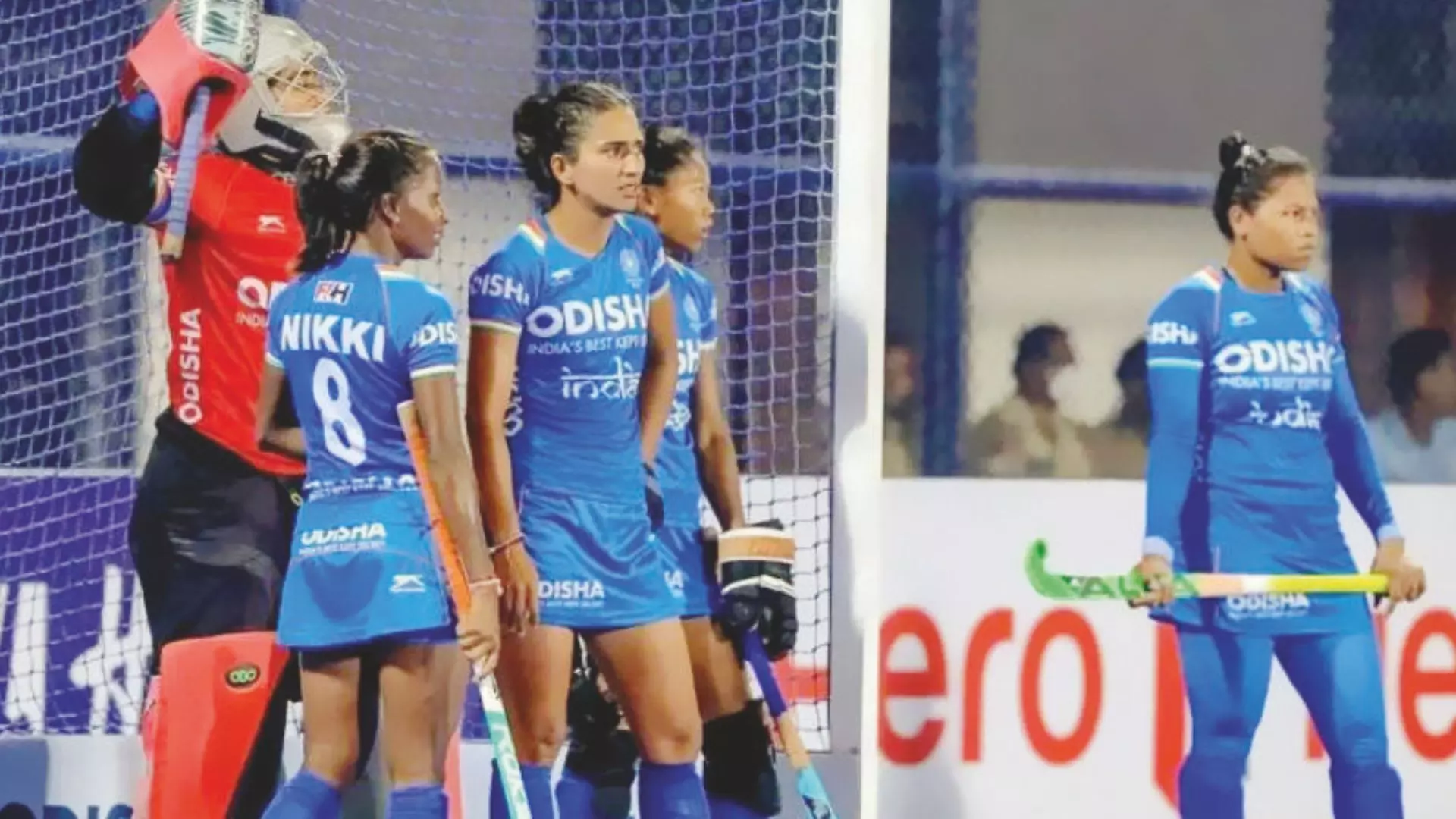Mental health ground reality
Many sports psychologists and athletes raise concerns about the mental health aspect of players taking a back seat

Top sportspersons like Virat Kohli, Michael Phelps or even Glenn Maxwell have frequently spoken about the importance of the mental well-being.
However, what goes unnoticed is the ‘spiral of silence’ that most players adhere to and keep pushing themselves, trying to be all pumped up while getting into a match or event. Other factors like performance pressure, expectations by fans and competitiveness all play a huge role.
A few years ago, while speaking on England cricketer Mark Nicholas’ podcast show, Not Just Cricket, Kohli had touched on the subject saying, “I felt like the loneliest guy in the world.”
He further spoke of his battle with depression in 2014 on the same podcast, “It’s not a great feeling when you wake up knowing that you won’t be able to score any runs, where you’re not in control of anything at all.”
While it is an accepted scenario for an athlete or sportsperson to take some days off to recover from a broken wrist or a sprained ankle. These injuries explicitly seen and witnessed are easy to understand. But what about times when athletes need some space out for themselves, to unwind mentally and jump back better? Depression, anxiety, prolonged periods of feeling low cannot be captured on a 2D Echo machine or the MRI. Matthew Sacco, PhD a renowned sports psychologist, Cleveland Clinic put out his views on having conversations on mental health among sportspersons and athletes.
The conversation having spurted from here, seems to be paving way among sports psychologists and sport-spersons in India today.
Modern Day Warriors
Fans often consider ace sportsmen as superheroes. However, this can sometimes be detrimental for the player. Dr Sacco aptly explains how athletes tend to work in a ‘win or lose’ environment.
While we have all experienced pressure inducing scenarios, imagine the number of times this pressure is multiplied into, especially when you have the banner of your country, and millions of fans looking up to you?
“An athlete is better able to manage tension and anxiety that accompany competition when their mental health is given priority,” says Ritika Gupta, Former Indian Senior Women’s Hockey team physio & Founder, Centre of Movement Medicine, New Delhi. She explains how the ability to remain focused, act quickly or perform well under pressure are all imperative and necessary components when it comes to physical performance. However, she adds that these are only possible due to the element of mental toughness.
Rising Pressure
“Performance pressure is definitely a big one. Expectations from athletes and sportspersons along with expectations from parents, coaches and fans can serve as huge mental blocks,” says Kunashni Parikh, Clinical and Sports Psychologist. She explains that no matter how good they tend to be physically with their skills. But when it comes to match pressure, there can be a lot of things that can hold them back. Mental training hence, should start early as young as schooling days if one is put into sports at that age.
“Although physical well-being is important for performance, mental well-being has a direct impact on resilience, focus and decision-making” says Ritika. She points out that mental health coaches or sports psychologists and counselors are usually available for ‘elite’ athletes, particularly those participating in high-profile sports like cricket. “In lower levels of competition and in less popular sports, there is hardly any attention paid to the mental well-being of players.” She adds that women in sports receive far lesser psychological support than their male counterparts!
Keep Going!
Despite discussions on mental health, sportspersons are given the cliché advice: Keep going! “Mental health should matter for everyone, not just athletes or sportspersons,” says Sangram Singh International wrestler, MMA fighter & motivational speaker. He has been an advocate of mental health wellbeing in sports. Sangram feels that ‘mental condition’ is of utmost importance. He has seen players getting emotional and having a breakdown. Sangram says, “The issue here in India is that if people are going through a rough patch mentally, they don’t open up. This is sadly common among sportspersons and athletes.”
Unfortunately, many sports persons are ridiculed by fellow Indians and even trolled on social media endlessly. Sangram speaks of how he wasn’t taken seriously when he tried taking things up with officials. He feels there is a large gap in the arena of sports psychologists in India today.
He admits that he too, faced similar conditions and is aware of how sportspersons feel. “There was a time, when I would have high fever and would yet practice, I would not have proper food to eat; no shoes or chappals.” Sangram suggests that there should be mental health sessions across all fields. It’s time to focus on the mental health of players and their physical fitness.
